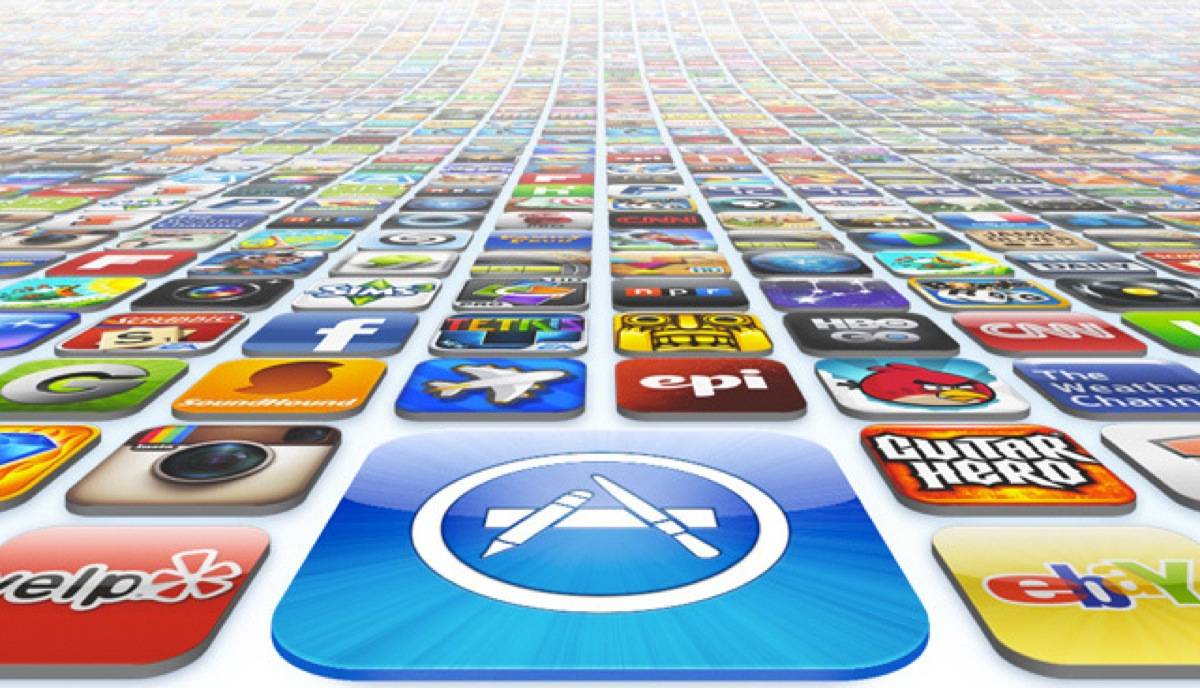 August 30, 2010: Just two years after opening its virtual doors, the iOS App Store passes a key milestone: one-quarter of a million apps for sale.
August 30, 2010: Just two years after opening its virtual doors, the iOS App Store passes a key milestone: one-quarter of a million apps for sale.
It’s a massive demonstration of success for a service Apple CEO Steve Jobs didn’t even initially want to offer.
App Store sales prove digital distribution is the future
The App Store’s success reminded anyone who was paying attention that the digital distribution model Apple pioneered with the iTunes Music Store was no fluke. (Launched in 2003, iTunes became the biggest music vendor in the world by the middle of 2010, with a whopping 10 billion downloads sold.)
At that time, the App Store was still in its infancy, though. Nonetheless, it was maturing quite quickly as a platform. Apple kicked off a gold rush when it launched the App Store in 2008, with developers scrambling to create killer apps that would make them rich overnight.
Apple launched its “There’s an app for that” slogan in 2009. And a glance at the App Store’s sprawling selection showed a broad range of apps filling virtually every niche.
By this day in 2010, the number of accepted apps actually had climbed past 300,000. However, roughly 50,000 were no longer available in the App Store.
A decade and a half later, the success continues: These days, nearly eight times as many apps are available. (As of August 2025, the App Store offers roughly 2 million apps.)
The iOS App Store: Big enough to matter

Photo: 148Apps.biz
In 2010, the App Store still represented a relatively small slice of Apple’s business. Although App Store sales by mid-2010 totaled $1.43 billion, Apple’s gross profit on the sale of a quarter million apps was “just” $189 million after costs were taken into consideration. (Apple took 30% of sales.)
Nonetheless, the App Store helped drive sales of iPhones and iPads. Its success, even by this point, was certainly enough to change the mind of Jobs, who had been reluctant to open up the App Store to developers in its earliest days.
These days, it’s an unmitigated success story. Apple said developers generated an astonishing $1.3 trillion in total billings in 2024.
Success leads to legislative curbs
However, the App Store’s continuing success raises questions and potential pitfalls for Cupertino. Antitrust regulators in the United States and abroad increasingly question whether Apple should be allowed to maintain absolute control of its money machine.
The Department of Justice accused Apple of monopolistic behavior in a monumental antitrust suit filed in June 2024. And the European Union’s Digital Markets Act already forced drastic changes upon Apple, opening up the iPhone to things like app sideloading and alternative payment systems. The first third-party app marketplace opened for European customers in April 2024.
What was your first App Store download?
Do you remember when you downloaded your first app from the App Store? Or what it was? Make sure to leave your comments below.


